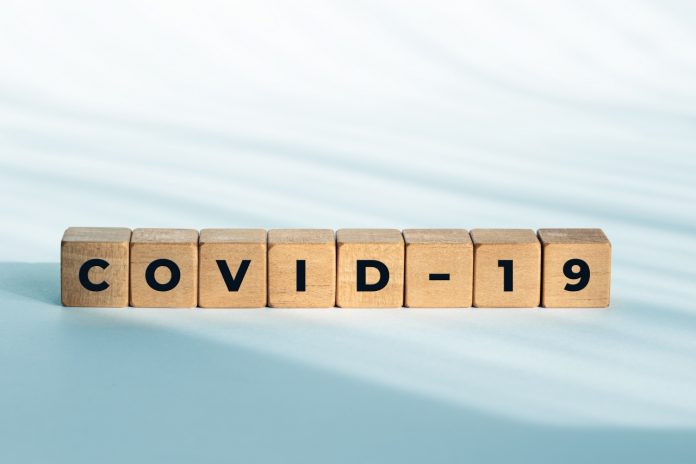During a press conference held 9 February — the opening day of the World Council of Churches (WCC) central committee meeting — WCC leaders sent a clear message: the WCC 11th Assembly will move forward as planned.
“We are very hopeful—if not more hopeful than ever—that the assembly will take place in Karlsruhe,” said Dr Agnes Abuom, WCC central committee moderator. “Member churches should prepare their delegations to actually attend.”
WCC acting general secretary Rev. Prof. Dr Ioan Sauca also expressed his clear commitment to move forward with the assembly. “I would like to assure you the pandemic cannot keep us from having an assembly,” he said. “Churches in Germay, and the government in Germany, are doing their best to assure we have an assembly.”
Though different scenarios are being discussed—anywhere from 1,000 to 5,000 or more people will gather for the assembly, depending on the situation related to COVID-19—the WCC 11th Assembly is needed more than ever, Sauca said. “What is needed now more than ever is to confirm our interdependence, solidarity and work which comes from the theme of the assembly: love,” he said, referring to the theme of the WCC 11th Assembly, “Christ’s love moves the world to reconciliation and unity.”
For those unable to attend the assembly in-person, the WCC has pledged to make as many aspects as possible available online.
Both Abuom and Sauca expressed regret that the WCC central committee could not meet in person but also shared appreciation for the technology and staff expertise that allow a meeting via videoconference.
The WCC central committee is meeting from 9-15 February. In addition to planning for the assembly—including approving thematic plenaries, ecumenical conversations, and pre-assemblies—the governing body will also address business matters and strengthen the WCC fellowship through sharing and prayer.
Abuom also addressed a question related to why the WCC 11th Assembly is being held in Germany. “The church in Germany has a history of accompanying the ecumenical movement since its foundation,” she said. “Secondly, it’s s a church that is wrestling with the modern issues facing us, and doing it in a more creative way than perhaps some others.”
Europe is facing a change in its landscape, said Abuom. “People in Europe need to know Christ afresh,” she said.
In addition to planning for the assembly, the WCC central committee is also planning for the WCC’s firm footing for the years ahead, said Abuom and Sauca.
“All my energy is concentrating on having a good assembly,” said Sauca. “But as time is moving on, I am also interested and committed to ensuring that, after the assembly, and after I finish my mandate, WCC continues to have a solid structure to continue the work.”
Sauca took a moment to express his appreciation for the work of the WCC during the pandemic. “I am always amazed how much we achieved during this time of pandemic during so many challenges,” he said. “Also, if you read your accountability reports, you will see how much work is done by the WCC colleagues though travels were not possible and in-person meetings were not possible.”
Regarding the WCC Pilgrimage of Justice and Peace—the foundation of work that has underscored the WCC’s programmes since the 10th assembly in Busan—Abuom said she believes the concept of a pilgrimage has helped the WCC stay dynamic and vibrant. “What have we learned?” she asked. “One thing that the pilgrimage has helped us to learn is that we are not permanent fixtures—we are on the way.”
The pilgrimage has also taught has the centrality of human dignity and human rights of everybody. “You don’t have the luxury of saying that you know it all, that you have control over it,” she said. “You are constantly on the lookout, and I think that is what human life is: looking at how to reconcile yourself with the constant change.”
The pandemic has shown that we belong to one human family, added Sauca. “So this is a great learning: we are interdependent: we belong to one another.”














